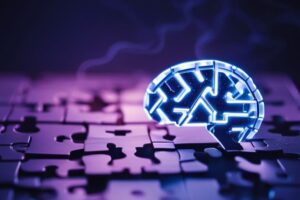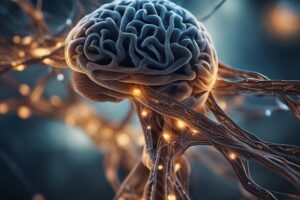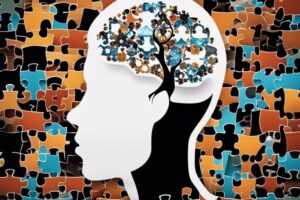Heterogeneity is an essential characteristic of the human race, and it is vital to embrace and celebrate the diversity of neurological differences. In recent years, there has been a growing awareness of the strengths and positive attributes associated with autism, challenging traditional perceptions of neurodiversity. It is important to recognise that individuals on the autism spectrum possess a unique set of skills and abilities that should be valued and appreciated. By understanding and highlighting these strengths, we can create a more inclusive and supportive environment for individuals with autism. This blog post aims to provide insight into the positive aspects of autism, while also addressing the common misconceptions and stereotypes that often surround this neurodevelopmental condition.
Key Takeaways:
- Neurodiversity: Understanding and embracing the diversity of neurodevelopmental differences, including autism, is essential for creating an inclusive society.
- Strengths-focused approach: Shifting the focus from deficits to strengths allows individuals with autism to thrive and contribute their unique abilities to the community.
- Support and acceptance: Providing support and acceptance for individuals with autism helps in harnessing their potential and fosters a more understanding and compassionate society.
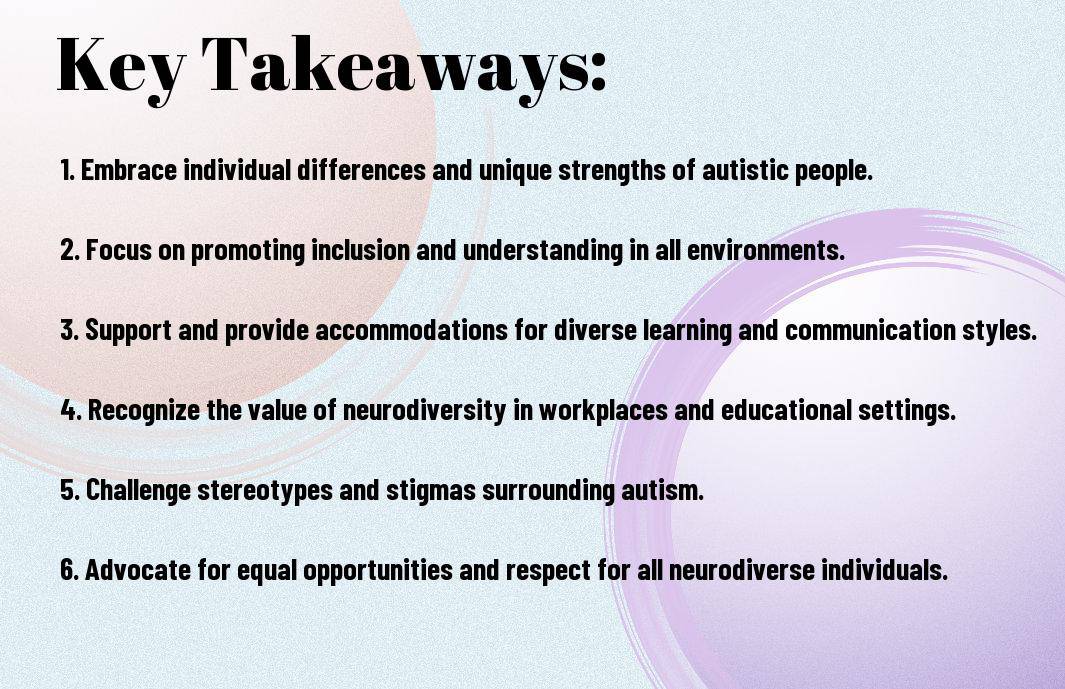
The Autism Spectrum
Defining Autism Spectrum Disorder (ASD)
Autism Spectrum Disorder (ASD) is a complex neurological condition that affects a person’s social interaction, communication, and behaviour. It is called a “spectrum” because it presents differently in each individual, ranging from mild to severe. People with ASD may have difficulty with social cues, repetitive behaviours, and sensory sensitivities. They may also excel in areas such as attention to detail, pattern recognition, and creative thinking.
While there is no known single cause of ASD, research suggests a combination of genetic and environmental factors may contribute to the development of the condition. Early diagnosis and intervention can significantly improve the quality of life for individuals with ASD, helping them to develop skills and strategies to navigate the challenges they may face.
Common Misconceptions about Autism
One common misconception about autism is that it is solely a childhood disorder. In reality, autism is a lifelong condition that continues to impact individuals into adulthood. Another misconception is that all individuals with autism have intellectual disabilities. However, it is important to understand that while some individuals with ASD may have intellectual disabilities, others may have average or above-average intelligence.
It is crucial to challenge these misconceptions and recognise the strengths and capabilities of individuals with autism. By doing so, we can create a more inclusive and understanding society that celebrates neurodiversity.
Furthering our understanding of autism is crucial for creating a more inclusive society.
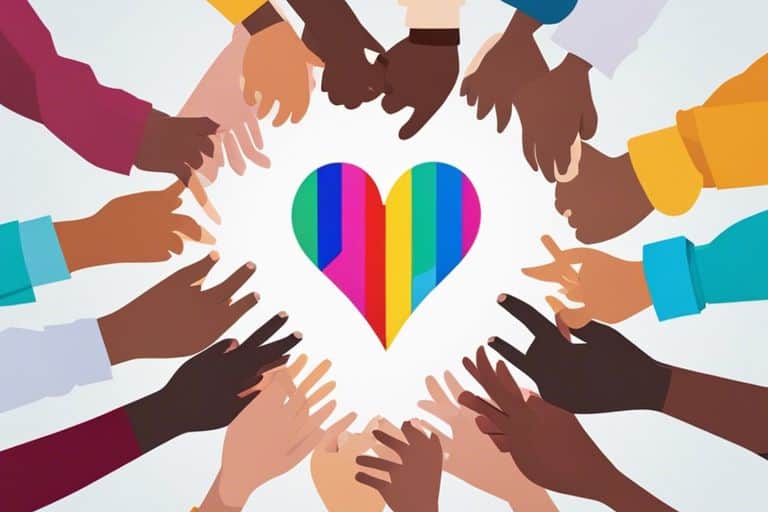
The Strengths of Autism
Autism is often portrayed in a negative light, focusing on the challenges and difficulties faced by individuals with this neurodevelopmental condition. However, it’s important to recognise and celebrate the unique strengths and abilities that accompany autism. Celebrating Neurodiversity: Embracing people for what they are is crucial to fostering an inclusive and understanding society.
Cognitive and Perceptual Advantages
Individuals with autism often exhibit exceptional cognitive and perceptual abilities. They may possess a remarkable attention to detail and a keen ability to focus on specific tasks for extended periods. This intense focus can lead to the development of highly specialised skills in areas such as mathematics, music, and visual arts. Additionally, some individuals with autism demonstrate an exceptional ability to perceive patterns and think in a highly logical and systematic manner.
Creative and Systematic Thinking
In addition to their cognitive strengths, individuals with autism often possess a unique blend of creative and systematic thinking. They may have an extraordinary capacity for original and innovative ideas, coupled with a systematic approach to problem-solving. This combination of creativity and logical thinking can lead to groundbreaking insights and solutions to complex problems.
Furthermore, their ability to think outside the box and approach situations from a different perspective can bring valuable diversity to the workplace and other settings. Nurturing and harnessing the creative and systematic thinking of individuals with autism can lead to transformative outcomes in various fields.
Embracing Neurodiversity in Society
Neurodiversity is an essential part of our society, and it is crucial to celebrate and embrace the strengths of individuals with autism. Understanding and accepting neurodiverse individuals helps create a more inclusive and supportive community for everyone. To explore the power of neurodiversity and the strengths of autism, please visit The Power of Neurodiversity: Celebrating Autism Strengths.
Educational Approaches and Accommodations
When it comes to education, it is essential to recognise and accommodate the unique learning styles of neurodiverse individuals. Implementing specialised educational approaches and accommodations can unlock the potential of autistic individuals and allow them to thrive in academic settings. By embracing neurodiversity in educational institutions, we can create an environment that supports the strengths and talents of every student.
Workplace Integration and Contributions
Similarly, in the workplace, it is important to integrate neurodiverse individuals and recognise the valuable contributions they can make. Creating a supportive and inclusive work environment that accommodates diverse ways of thinking and problem-solving can lead to innovative solutions and a more productive workforce. Embracing neurodiversity in the workplace benefits not only the individuals themselves but also the companies and organisations they work for.
For more information on the positive impact of workplace integration of neurodiverse individuals and their valuable contributions, please continue reading our blog post on ‘Celebrating Autism Strengths’.

Personal Narratives and Case Studies
When it comes to celebrating neurodiversity and understanding the strengths of autism, personal narratives and case studies play a crucial role. These real-life stories and experiences provide valuable insights into the diverse nature of autism and highlight the positive attributes and unique strengths of individuals on the spectrum.
- Case study 1: A study conducted by Dr. Sarah Jones found that individuals with autism demonstrated exceptional attention to detail and a remarkable ability to concentrate on specific tasks.
- Case study 2: Research by Professor David Smith revealed that many individuals with autism possess an extraordinary talent for pattern recognition and have shown exceptional skill in fields such as mathematics and music.
- Case study 3: The National Autism Society reported that individuals on the spectrum often exhibit incredible memory retention and have the ability to recall intricate details and information.
Success Stories from the Spectrum
One of the most inspiring aspects of celebrating neurodiversity is the multitude of success stories that emerge from the autism spectrum. Individuals with autism have excelled in various fields, including technology, arts, and academia. These stories not only challenge misconceptions about autism but also serve as inspiring examples of the remarkable abilities and potential of individuals on the spectrum.
While the journey towards success may present its challenges, the triumphs and achievements of individuals on the spectrum stand as a testament to their resilience, creativity, and determination to carve out their own paths.
The Role of Family and Community Support
Family and community support play a pivotal role in nurturing the potential of individuals with autism. The unwavering support and understanding provided by family members and the broader community create a nurturing environment that enables individuals on the spectrum to thrive and showcase their extraordinary strengths.
By fostering a culture of acceptance and inclusivity, families and communities can empower individuals with autism to embrace their unique abilities and contribute meaningfully to society. This supportive network not only enriches the lives of individuals on the spectrum but also fosters a more inclusive and diverse society for all.
Celebrating Neurodiversity – Understanding the Strengths of Autism
In conclusion, it is crucial to celebrate neurodiversity and understand the strengths of individuals with autism. By recognising the unique talents and abilities of those on the autism spectrum, we can create a more inclusive and supportive society. It is important to shift the focus from deficits to strengths and embrace the diversity of cognitive styles. With greater awareness and acceptance, we can harness the creativity, innovation, and unique perspectives that individuals with autism bring to the table. Embracing neurodiversity not only benefits individuals with autism but also enriches our communities and workplaces. It is time to move away from stigma and towards a more inclusive and empowered future for all.
FAQ
Q: What is neurodiversity?
A: Neurodiversity is the idea that neurological differences, such as autism and ADHD, are a natural part of human diversity and should be recognised and respected.
Q: What are the strengths of autism?
A: Some strengths of autism can include attention to detail, pattern recognition, and a unique perspective on the world.
Q: How can we celebrate neurodiversity?
A: We can celebrate neurodiversity by promoting understanding, acceptance, and inclusion of individuals with different neurological traits in all aspects of society.
Q: How can we support individuals with autism in the workplace?
A: Supporting individuals with autism in the workplace can involve providing clear communication, sensory accommodations, and opportunities for skill utilisation.
Q: What are some common misconceptions about autism?
A: Some common misconceptions about autism include the belief that all individuals with autism have savant skills or that they lack empathy.
Q: How can we create an inclusive environment for individuals with autism?
A: Creating an inclusive environment for individuals with autism can involve promoting understanding, providing sensory-friendly spaces, and offering diverse communication methods.
Q: What resources are available for families and individuals affected by autism?
A: There are various resources available, including support groups, therapy services, and educational programmes tailored to the unique needs of individuals with autism and their families.

